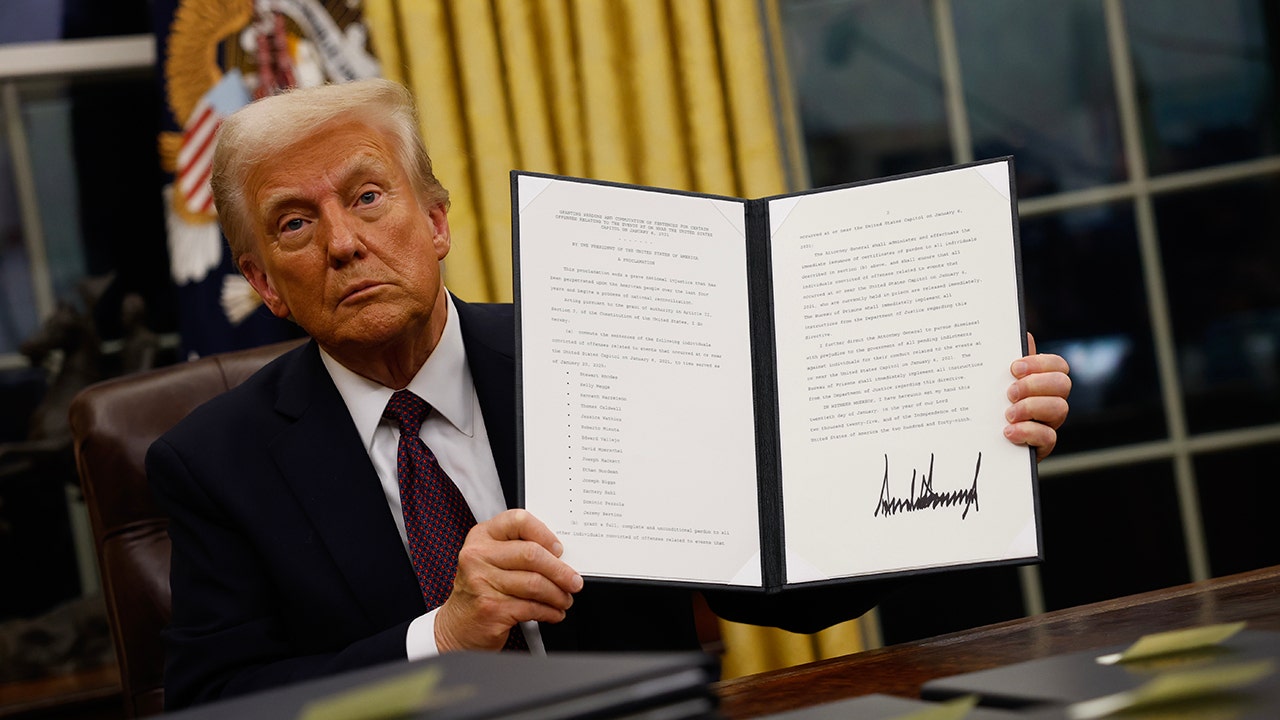UK Government Tightens Visa Rules: Impact On Work And Student Visas

Table of Contents
Impact on Work Visas
The UK's points-based system for work visas has become considerably more stringent. Securing a skilled worker visa, or indeed any UK work permit, now requires a higher score and meticulous preparation.
Increased Points Requirements
The threshold for points required to qualify for a skilled worker visa has risen. This means applicants need to demonstrate a higher level of skills, qualifications, and salary potential. For example:
- Higher Salary Thresholds: The minimum salary requirement for many skilled worker visa applications has increased significantly. This makes it harder for applicants in lower-paying professions to meet the criteria.
- Increased Emphasis on Qualifications: Applicants are now expected to possess more advanced qualifications and professional experience relevant to the offered position.
- Stricter English Language Proficiency Requirements: The required scores on English language proficiency tests like IELTS or TOEFL have been raised, demanding a higher level of fluency.
Stricter Sponsorship Requirements
Employers sponsoring workers face increased compliance checks and potential penalties for non-compliance. The UK government is cracking down on sponsors who fail to adhere to the regulations, resulting in:
- More Rigorous Audits: Sponsors are subject to more frequent and thorough audits to ensure they are meeting their obligations.
- Increased Penalties for Non-Compliance: Penalties for non-compliance with sponsorship regulations have become more severe, potentially impacting a company's ability to sponsor workers in the future.
- Greater Responsibility for Employers: Employers are now held to a higher standard of due diligence in verifying the qualifications and credentials of potential employees.
Changes to Visa Categories
Some work visa categories have been altered or even removed entirely, impacting specific worker types. It's essential to thoroughly research the specific requirements for your desired visa category before applying. This might include:
- Changes to the list of eligible occupations: Certain occupations may no longer qualify for specific visa routes.
- Removal of less-skilled worker visas: The UK government is increasingly focusing on attracting highly skilled workers, leading to limitations or restrictions on lower-skilled work visa options.
Impact on Student Visas
International students also face more stringent requirements when applying for student visas in the UK. The tightening of rules affects various aspects of the application process, including financial requirements and English language proficiency.
Higher Financial Requirements
Prospective students must now demonstrate significantly greater financial resources to cover tuition fees and living expenses. This means:
- Increased Bank Statement Requirements: Applicants must provide more substantial evidence of sufficient funds in their bank accounts to support their studies.
- Higher Maintenance Funds Required: The required amount of maintenance funds to demonstrate financial capacity has increased, reflecting the higher cost of living in the UK.
- Increased Scrutiny of Funding Sources: Applicants' funding sources are subject to greater scrutiny to ensure their legitimacy and sustainability throughout their studies.
Stringent English Language Proficiency Tests
Meeting the English language requirements is paramount. The minimum acceptable scores on standardized tests have been raised, requiring:
- Higher IELTS/TOEFL Scores: Applicants need to achieve significantly higher scores on IELTS or TOEFL examinations to demonstrate sufficient English proficiency for academic study.
- Acceptance of Fewer Alternative Tests: The range of acceptable English language proficiency tests may have been narrowed, reducing the options available to students.
Increased Scrutiny of Course Selection
The choice of educational institution and course is now subject to greater scrutiny. This means:
- Focus on Reputable Institutions: Applications from students attending less well-known or accredited institutions are more likely to face closer examination.
- Course Quality Assessment: The UK government places increased importance on the quality and reputation of the chosen course of study.
Navigating the New Visa Rules
Successfully navigating the new UK visa rules requires careful planning and preparation. Thorough research and understanding of all requirements are critical.
Thorough Preparation is Key
Meticulous preparation is essential for a successful application. This involves:
- Gathering all required documents: Ensure all supporting documentation is complete and accurate, including financial statements, academic transcripts, and English language test results.
- Meeting all eligibility criteria: Carefully review all requirements for your specific visa type and ensure you meet them in full.
- Double-checking your application: Thoroughly review your application form for any errors or omissions before submission.
Seeking Professional Advice
Consulting with an immigration lawyer or visa consultant is strongly recommended. They can:
- Provide expert guidance: Gain insights into the complexities of UK visa regulations and the latest changes.
- Assist with the application process: Get help completing the application forms and gathering the required documentation.
- Increase chances of success: Increase your chances of a successful visa application by ensuring your application is complete and compliant.
Understanding the Appeal Process
If your visa application is refused, it’s important to understand the appeal process. This could involve:
- Reviewing the refusal letter: Carefully examine the reason for refusal and identify any areas for improvement.
- Seeking legal counsel: Consult with an immigration lawyer to explore your options for appeal.
Helpful Resources:
Conclusion
The UK government's tightening of visa rules has made obtaining both work and student visas significantly more challenging. The increased points requirements for work visas, stricter sponsorship obligations, and heightened financial and English language proficiency demands for student visas necessitate careful planning and thorough preparation. By understanding these changes, gathering all necessary documentation, and seeking expert advice when needed, applicants can significantly improve their chances of a successful application. Stay informed about the latest changes in UK visa rules to ensure a smooth and successful application.

Featured Posts
-
 Red Bulls Driver Dilemma Colapinto Vs Lawson
May 09, 2025
Red Bulls Driver Dilemma Colapinto Vs Lawson
May 09, 2025 -
 The Trump Presidency A Retrospective On Day 109 May 8th 2025
May 09, 2025
The Trump Presidency A Retrospective On Day 109 May 8th 2025
May 09, 2025 -
 Xs Decision To Block Jailed Turkish Mayors Account Sparks Debate
May 09, 2025
Xs Decision To Block Jailed Turkish Mayors Account Sparks Debate
May 09, 2025 -
 Kak Snegopad Povliyal Na Rabotu Aeroporta Permi
May 09, 2025
Kak Snegopad Povliyal Na Rabotu Aeroporta Permi
May 09, 2025 -
 Stephen King In 2025 Even A Bad Monkey Movie Cant Dim His Year
May 09, 2025
Stephen King In 2025 Even A Bad Monkey Movie Cant Dim His Year
May 09, 2025
Latest Posts
-
 News From The Bangkok Post The Push For Better Transgender Rights
May 10, 2025
News From The Bangkok Post The Push For Better Transgender Rights
May 10, 2025 -
 The Bangkok Post And The Ongoing Struggle For Transgender Equality
May 10, 2025
The Bangkok Post And The Ongoing Struggle For Transgender Equality
May 10, 2025 -
 The Impact Of Trumps Executive Orders On The Transgender Community A Call For Stories
May 10, 2025
The Impact Of Trumps Executive Orders On The Transgender Community A Call For Stories
May 10, 2025 -
 Examining Transgender Equality Issues Highlighted By The Bangkok Post
May 10, 2025
Examining Transgender Equality Issues Highlighted By The Bangkok Post
May 10, 2025 -
 The Bangkok Post And The Fight For Transgender Equality In Thailand
May 10, 2025
The Bangkok Post And The Fight For Transgender Equality In Thailand
May 10, 2025
